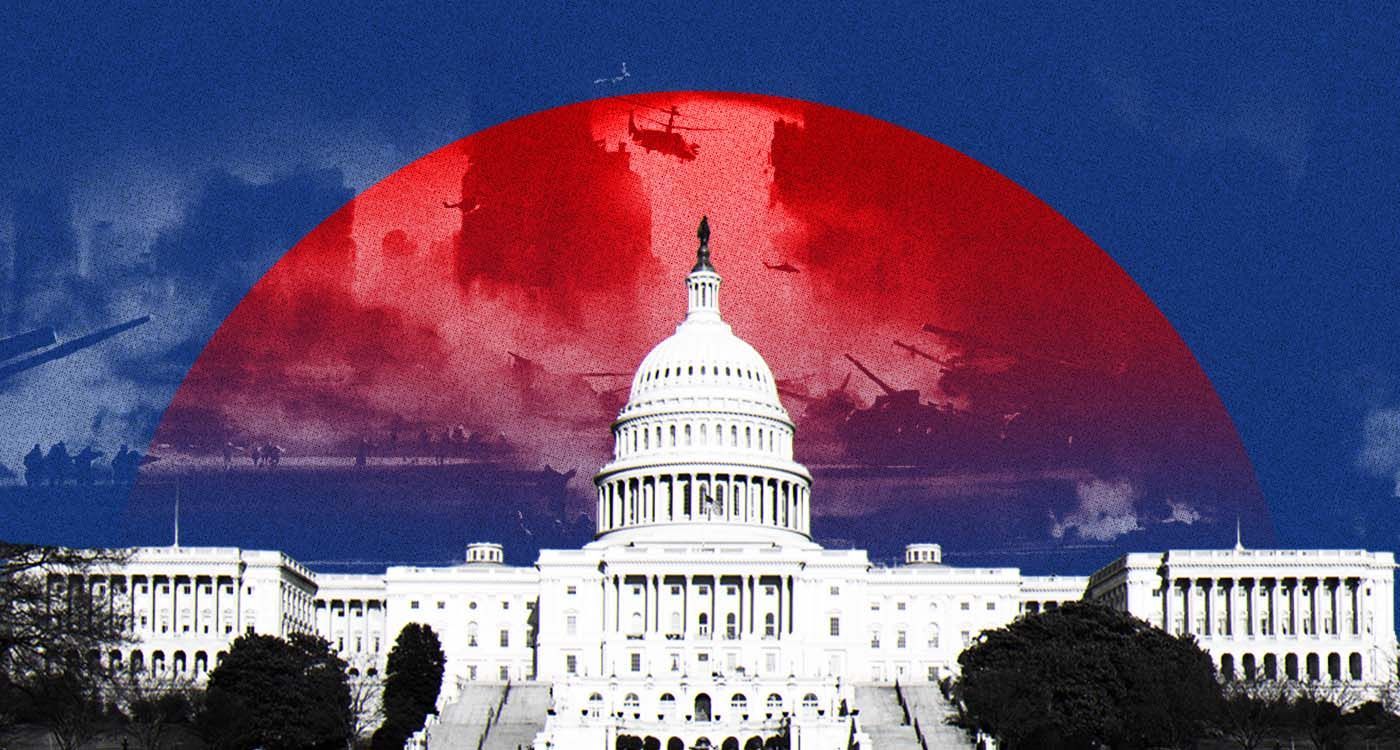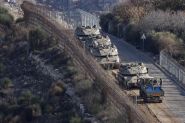
Many Lebanese are pinning their hopes on the United States presidential election to bring clarity to the ongoing war in Lebanon and broader regional tensions from Gaza to Iran.
While there is some truth to this perspective, the tendency among Lebanese to overanalyze and speculate often outpaces the reality on the ground.
Historically, the US has shown little distinction between Republican and Democratic approaches to regional crises since the establishment of Israel in 1948.
The influence of Jewish lobbying on US strategic decision-making is well-documented, and the notion that a change in American administration could lead to a de-escalation of tensions is misleading in the current context.
Netanyahu is tirelessly pursuing military victories over various resistance movements in the region. His military campaign seeks to weaken Hamas in Gaza and Hezbollah in Lebanon, while fragmenting Iran's expanding influence across the Middle East. This situation will remain unchanged regardless of any shift in the US administration; at best, we may witness an acceleration of the process or a reordering of priorities.
Both US parties understand that Israel is currently engaged in a battle on two fronts. The first is for self-protection and security, while the second aims to diminish the ability of adversaries of the West and the US to dictate regional choices, regardless of the costs involved.
If there were any genuine expectation that the US presidential elections could alter the dynamics, the Democrats would not be working to downplay Israel's actions. Moreover, if Donald Trump were to return to the White House, his policies and perspectives are unlikely to differ significantly.
However, the ongoing fixation on Lebanon is a source of persistent disappointment, as meaningful change is unlikely to emerge from the White House.
What is particularly concerning is the impending military escalation that Israel may exploit, aligning it with the American election week. During this critical period, public attention will be diverted to voting and key battleground states, leaving little room for managing Israel's anger.
We can only hope that these assessments are misguided, as Lebanon is paying the price for the conflict between Iran and Israel on its own territory. Sadly, Lebanon will continue to bear the consequences of a struggle that exploits its citizens as mere pawns. This only exacerbates the suffering and devastation, particularly in the border villages, which have been completely destroyed and where the extent of losses remains unmeasured.
The war persists with no resolution in sight, and neither side can afford to yield, signaling an ongoing phase of relentless attrition that will position Lebanon as the foremost victim. In this context, Resolution 1701 represents the minimum necessary, rather than an ideal resolution.



Comments